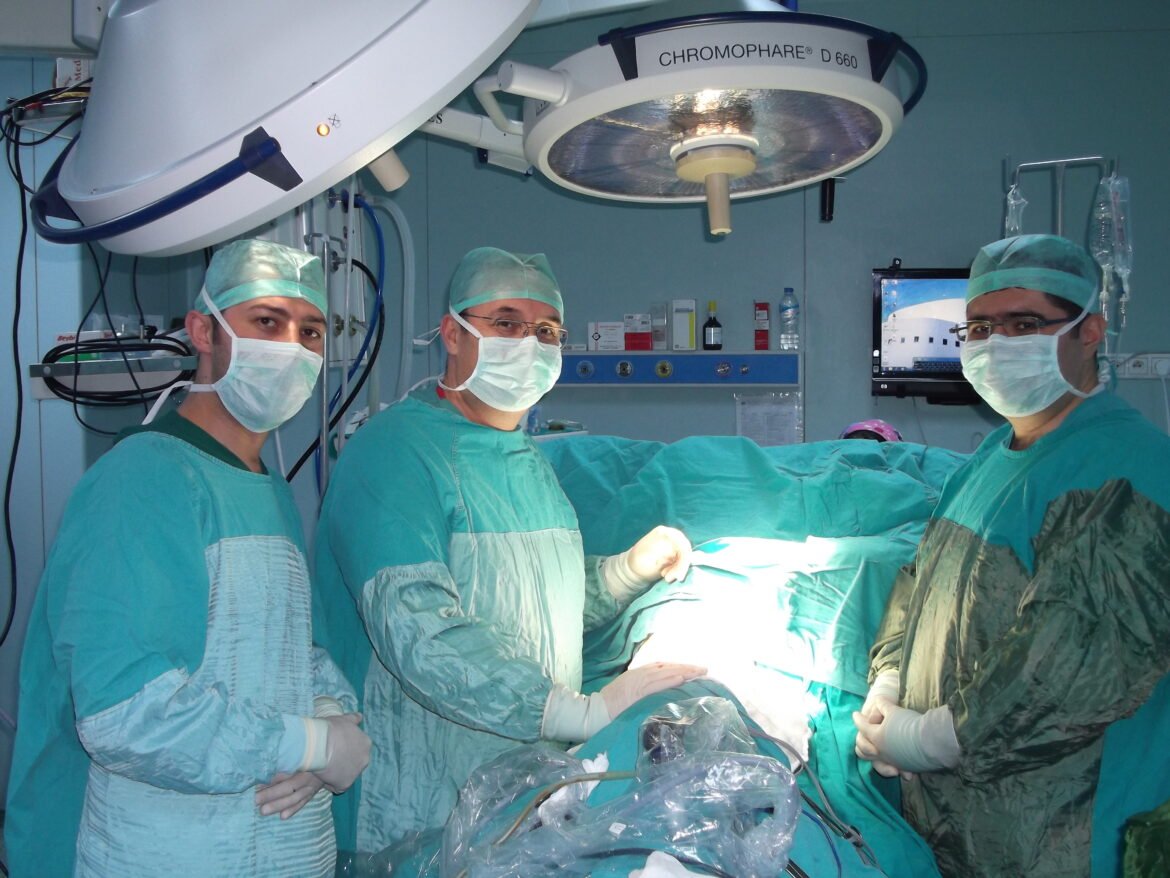Mesothelioma cancer mostly affects the lungs, heart, or stomach and it can really stay dormant for a long time. By recognizing early warnings and probable triggers, you can identify it in its budding stages. It’s also useful knowing the usual strains and beneficial treatments that might be vital for you or your kin, struggling with the disease. The magic mix of accomplished medics and early treatments heightens survival chances greatly. Becoming versed with this illness empowers smart health choices and provides the ability to extend supportive care to affected friends and family.
Understanding Malignant Mesothelioma
Think of mesothelioma as a rare but stubborn cancer. Its roots are in the mesothelium, a covering layer of organs. It mostly targets the protecting layer of the lungs, known as the pleura, though it might also affect areas like the heart sac or abdominal lining. Triggers include harmful exposure and take asbestos as a fine example. Malignant mesothelioma symptoms might not appear for many years, but when they do, these could mostly include discomfort, breathing challenges, or unusual swellings. The battle plan against it depends on many factors: your state of health, the type and stage of cancer, but more often, it’s a blend of different treatments that work wonders.
Causes of Mesothelioma
Mesothelioma has really clear connections with asbestos exposure, the prime reason it develops. Workers or people coming into contact with this known carcinogen unwittingly risk their future health. Besides direct interaction, secondary exposure also leads to mesothelioma, which occurs when you breathe in asbestos dust that clings to someone else’s clothes. Other uncommon reasons include radiation exposure and habits like smoking. Some studies even hint that genetic factors might make certain individuals more vulnerable. Even though numerous investigations have zeroed in on these sources, many still question how they lead precisely to mesothelioma. More research continues to shed light on its origins.
Types of Mesothelioma
Mesothelioma comes mostly in three forms: sarcomatoid, epithelial, and biphasic. You would usually encounter epithelial mesothelioma in your body, mainly on your lung or abdomen lining. When treating this kind, therapy often provides the most promising results. You’re less likely to cross paths with a sarcomatoid type – quite aggressive by nature. Contrasting those, the biphasic type combines features of the previous two, and its treatment hinges on the dominant cell. This brief look at cancer types provides doctors with improved direction for picking out the suitable treatment option for you.
Treatment Options for Mesothelioma
Your treatment choices for mesothelioma depend on some essential features. This includes the disease type, its progression, and your overall health. Initially, doctors might use surgery to remove tumors; then, treatments like chemotherapy can really help halt its progress or lessen its growth. Because it can target cells throughout your body, chemotherapy is widely chosen, while radiation affects only designated areas. There’s also a rising trend in the use of immunotherapy and other innovative strategies. Engage with specialists in discussing various treatment outcomes, as it ensures the best possible route for you.
Survival Rates and Prognosis
When you talk about your chances of surviving mesothelioma, lots of things matter. The kind and stage of the cancer you have when it’s found, as well as how good your body is at handling treatments, are all considered. Survival predictions are broad but can depend heavily on your specific situation. As a rule of thumb, catching mesothelioma early boosts your odds since treatments work better. On the flip side, later stages diminish your chances. Communicating with healthcare professionals can give a better picture of what to expect for your journey through mesothelioma.
Conclusion
Gaining an understanding of malignant mesothelioma guides people in making smart health decisions or giving necessary support to those affected by this illness. Knowing its causes assists people to remain safe at work as well as recognizing danger signs early, while awareness about different types of cancers and their treatments offers hope for improved results. Discussing survival rates gives a truthful picture of what to expect. Good medical care and comprehensive research could really boost a patient’s chance of survival. This awareness not only helps patients but also helps their friends and families comprehend the fight against this hard-to-treat cancer together.


